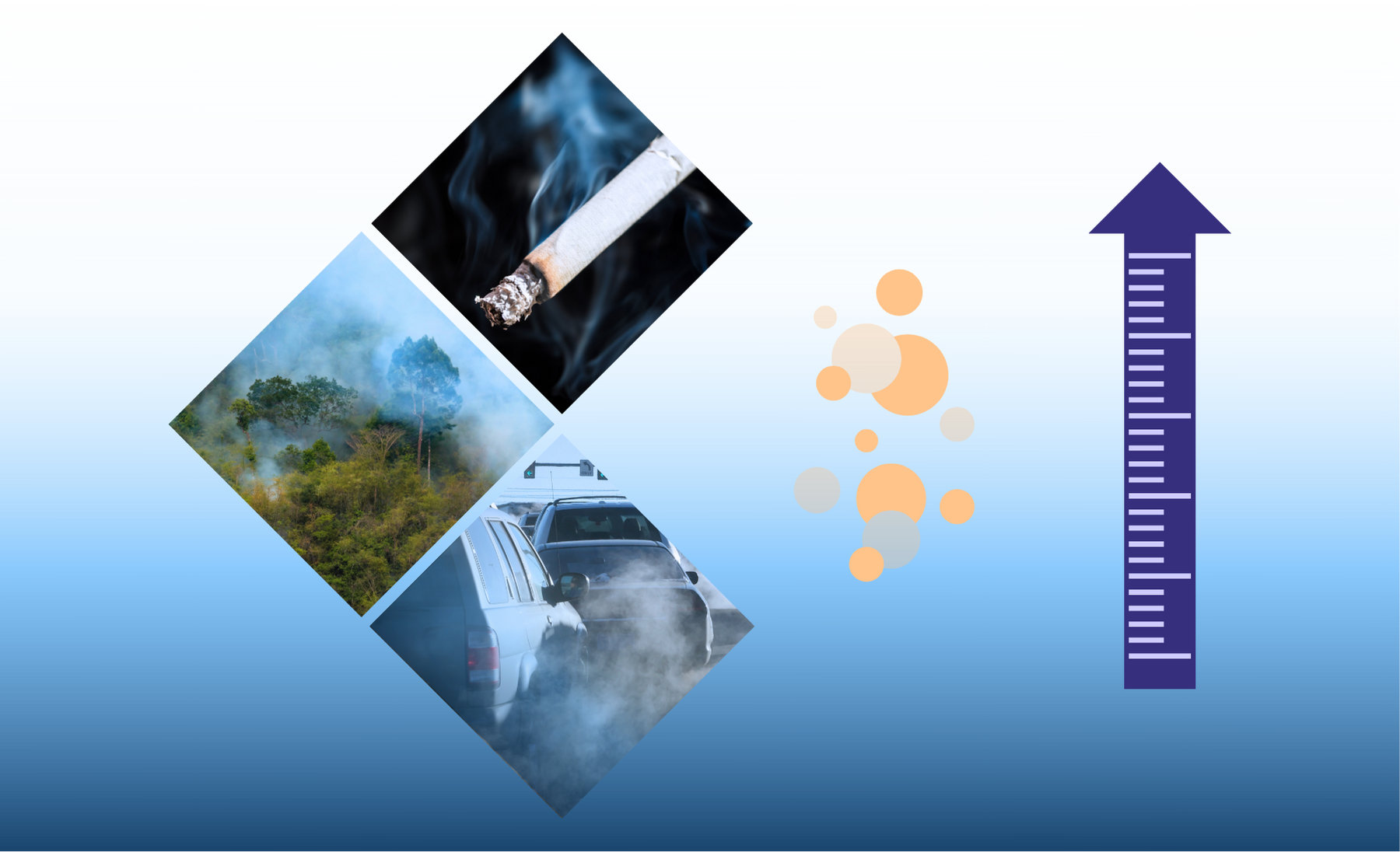By Sissi Liu as published on Medium
I normally wouldn’t write about this, but a recent note from an industry insider made me realize it’s worth explaining why this is significant. Metalmark’s Everglades(TM) filter, already rated MERV 13, has now been independently tested and confirmed as MERV 11A — a key validation of its long-term performance.
That might sound like just another technical certification, but in the world of air filtration, it carries real weight — especially as air quality regulations tighten and building standards evolve.
What Does MERV 11A Mean?
Many people are familiar with MERV (Minimum Efficiency Reporting Value) ratings, which measure how well a filter captures airborne particles of varying sizes. A higher MERV rating generally means better particle filtration, with MERV 13 capable of capturing fine particulate matter, including allergens, bacteria, and wildfire smoke.
However, standard MERV ratings don’t always tell the full story. Many filters perform well in initial lab tests but degrade significantly once they’re exposed to real-world conditions — dust, humidity, and continuous use. That’s where MERV-A testing, part of ASHRAE 52.2 Appendix J, comes in.
ASHRAE 52.2 is the industry standard for measuring filter performance, and Appendix J introduces a more rigorous testing process that accounts for efficiency loss over time. Filters that achieve a MERV-A rating (such as 11A) have demonstrated their ability to maintain efficiency even after prolonged exposure to airborne contaminants, ensuring reliable, long-term performance.
Why This Matters
For buildings prioritizing indoor air quality — whether schools, healthcare facilities, commercial offices, or homes — having a filter that holds up over time is critical.
The Everglades filter is not only MERV 13 for excellent filtration but also verified as MERV 11A, meaning it provides consistent, reliable performance over its lifespan. This distinction is increasingly important as industry standards evolve to address long-term air quality challenges.
Notably, ASHRAE Standard 241, which focuses on controlling airborne infectious aerosols, now requires a minimum MERV-A 11 rating for filters used in infection risk management strategies. This reinforces the importance of filters that maintain efficiency over time, rather than those that lose effectiveness as they accumulate contaminants.
Everglades not only meets but exceeds this threshold, making it a future-ready solution for buildings aiming to comply with emerging air quality standards. Being the only filter with enhanced filtration for wildfire smoke with low energy use and only a handful of commercially available MERV-A rated filters on the market, Everglades is setting a new standard for durable, high-efficiency air filtration.
Setting a New Standard
As concerns over indoor air quality, airborne pathogens, and environmental pollutants grow, filters that maintain performance over time will be essential for meeting new industry requirements. So, this is indeed more than just another certification — it’s validation that Everglades is built to perform when it matters most.

Tatama Air Cleaner
For commercial new construction or retrofits into existing facilities
Tatama uses Metalmark’s advanced HEPA-grade filters to capture airborne particulates, smoke, VOCs, and pathogens, including viruses and bacteria.

Sierra Air Filters
For your existing commercial HVAC systems
The HVAC filter with enhanced protection against wildfire smoke. A simple drop-in replacement with no change to air flow or pressure.



